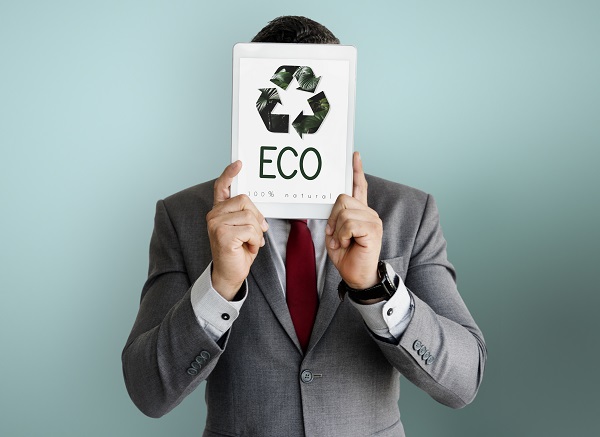The Eco-Friendly Approach to Waste Management

As the global population continues to grow, so does the amount of waste produced. Traditional waste management methods, such as landfilling and incineration, have faced criticism for their environmental impact and sustainability. In response, innovative solutions like waste-to-energy (WtE) have emerged as eco-friendly alternatives. This approach not only helps manage waste but also contributes to renewable energy generation, offering a dual benefit for both the environment and communities.
Waste-to-energy involves the conversion of non-recyclable waste materials into usable forms of energy, such as electricity, heat, or fuel. This process typically involves the combustion of waste, where it is burned at high temperatures to produce steam that drives turbines for electricity generation. Other methods include anaerobic digestion and gasification, which break down organic material to produce biogas or syngas, respectively. These technologies reduce the volume of waste that would otherwise end up in landfills, significantly minimizing environmental pollution. Additionally, WtE plants can handle a diverse range of waste types, including municipal solid waste, industrial waste, and agricultural by-products, making them adaptable to various local contexts.
One of the key advantages of waste-to-energy is its ability to reduce greenhouse gas emissions. Landfills are notorious for producing methane, a potent greenhouse gas that contributes to climate change. Industry leaders like Patrick Dovigi emphasize the importance of diverting waste from landfills to waste-to-energy facilities, where methane emissions can be significantly reduced. Moreover, the energy produced through this process can replace fossil fuels, further lowering carbon emissions and supporting climate action efforts.
The economic benefits of waste-to-energy are also noteworthy. By generating energy from waste, communities can reduce their dependence on external energy sources, leading to greater energy security. WtE facilities can provide job opportunities in construction, operation, and maintenance, contributing to local economies. Furthermore, the energy produced can be sold back to the grid, providing an additional revenue stream for municipalities. This not only helps in financing the operation of WtE plants but also encourages local governments to invest in sustainable technologies.
However, the implementation of waste-to-energy technologies is not without challenges. Critics often raise concerns about the emissions produced during waste combustion. Modern WtE plants, however, are equipped with advanced air pollution control systems designed to minimize harmful emissions, ensuring compliance with stringent environmental regulations. Continuous monitoring and adherence to best practices are essential to maintaining the environmental integrity of these facilities. Additionally, public transparency regarding emissions data can help build trust and acceptance among communities.
Community engagement and public awareness play a vital role in the successful adoption of waste-to-energy initiatives. Education about the benefits of waste-to-energy and how it fits into broader waste management strategies can foster public support. Partnerships between governments, private companies, and environmental organizations are crucial for promoting sustainable waste management practices. Engaging local communities in discussions about WtE projects can address concerns, dispel myths, and encourage participation in recycling and waste reduction efforts.
As communities continue to seek sustainable solutions for waste management, waste-to-energy stands out as an innovative alternative that aligns with environmental goals and promotes a circular economy. Embracing these technologies will be crucial for building a more sustainable future.
|

